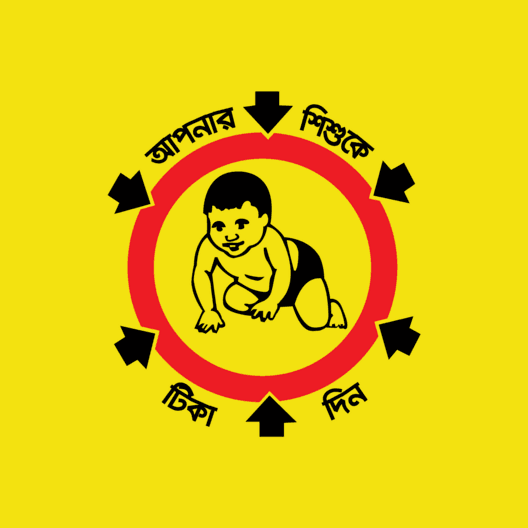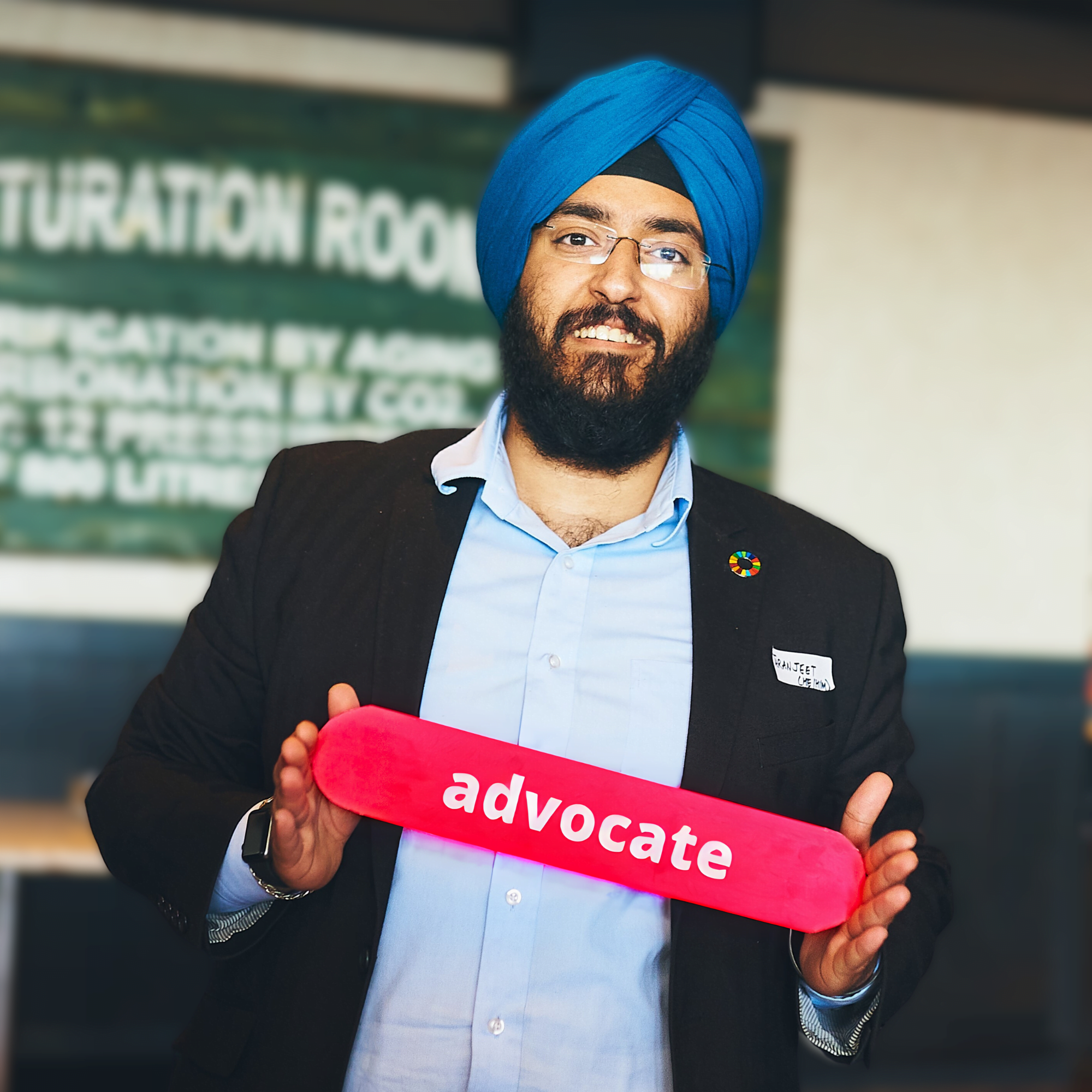In 1979, approximately eight years after Bangladesh gained independence, 211 out of every 1,000 children born in the country were expected to die before reaching their fifth birthday. That’s roughly 1 in every 5 children – a staggering loss of life.
By the time I was born in Cumilla, Bangladesh in 2001, my chances of survival were much, much higher. When I celebrated my 9th birthday in 2010, my country had reached a transformative milestone, reducing under-five mortality by two thirds. And today, Bangladesh is on its way toward full ownership of its national vaccine costs – from covering 39% in 2020 to 100% by 2030.

This incredible progress is possible thanks in large part to Gavi, the Vaccine Alliance, a global health partnership dedicated to increasing access to immunization in low- and middle-income countries.
Global health mechanisms like Gavi have made incredible progress and have impressive stats on their lifesaving work, which you should read about on our website, but I want to share a more personal reason for why I care so deeply.
I am living proof of what global health initiatives make possible. Gavi has been supporting immunization in Bangladesh since 2001, and I was vaccinated and protected by the same programs I advocate for today. I do it so the next generation can have access to the same opportunities I did – no matter where they’re born.
When Gavi helped bring a nation-wide immunization program to Bangladesh, vaccine hesitancy was a real threat to its success. So, I asked my parents what made them decide to vaccinate me, their first child. They noted two key motivators:



So I’ve experienced first-hand the impact of global health initiatives. I grew up healthy and my parents had peace of mind about my health and wellbeing. And Bangladesh’s child mortality rate today? Drastically reduced to 35 out of 1,000 births and overall life expectancy has skyrocketed.
Living in Canada now, I am proud to see the Canadian government listening to advocates across the country and investing again in Gavi to keep supporting low- and middle-income countries to protect their populations against deadly diseases and build their capacity to manage their national immunization programs independently.
It's time now to step up even further for global health.
Bangladesh wasn’t alone in its scramble to deal with the seemingly insurmountable challenges surrounding disease control and rising deaths. At the turn of the millennium, the world – but especially in low- and middle-income countries – was seeing HIV tear through communities, tuberculosis continue to plague those living in poverty, and malaria kill hundreds of thousands, particularly children and pregnant women.
Despite the fact that all three of these diseases were preventable and treatable, the global response was fragmented and deeply underfunded. Millions were being left behind.
That’s when a new kind of global solution emerged: The Global Fund to Fight AIDS, Tuberculosis and Malaria. Established in 2002 through the G8 summit with Canadian leadership, this mechanism marked a turning point in how the world responded to major health crises. Like Gavi, it brought together and strengthened collaboration amongst governments, communities, and the private sector with a shared vision – one that put countries in the driver’s seat and emphasized local leadership, accountability, and results.
Fast-forward more than 20 years, and the Global Fund has helped save over 65 million lives. In the countries where it operates, the death rate from HIV, TB, and malaria has dropped by 61%. That’s not just progress – it’s proof that coordinated, well-funded global health action works.
It also demonstrates what’s possible when the world comes together to prioritize equity, solidarity, and the inherent dignity of every human life. But today, this legacy of progress is at risk.
Why am I sharing this story now? Well, the Global Fund’s ability to continue saving lives is under serious threat.
Many countries, including some of the world’s wealthiest, are reducing their contributions to international assistance. Meanwhile, new and compounding global challenges – like conflict, climate change, misinformation, and the erosion of human rights – are making it harder to address global health challenges and reach those in need. Even vaccine-preventable diseases that were thought to be in the past like measles are resurging as anti-science sentiment spreads. Healthcare systems are collapsing under the weight of crises, leaving the most vulnerable without access to even basic care.
This means the lives of people in countries like Bangladesh are at risk. In 2023 alone there, the Global Fund ensured 6,180 people were placed on antiretroviral therapy for HIV, treated 300,000 for TB, and delivered 1.37 million mosquito nets to prevent malaria.
In this moment, we have a choice: we can retreat and risk undoing decades of progress, or we can step up – and show the world that we will not abandon the fight.
Canada has long been a leader in global health. In recent years, our country has committed over $1.21 billion to the Global Fund, the single largest investment Canada has made towards any international financing institution for health. A powerful investment in a healthier, more equitable world.
Now, as the Global Fund launches its Eighth Replenishment, we are at a pivotal crossroads. Canada can choose to reaffirm its leadership with a bold new pledge, one that meets the urgency of this moment and reflects our values of compassion, justice, and equity.
This isn’t just about numbers or policies. It’s about making sure children just like 1-year-old me – and millions more around the world – get a chance to live, to grow, and to thrive.
Global health initiatives like Gavi and the Global Fund don’t just fight deadly diseases. They strengthen health systems, train frontline workers, support community organizations, and build the foundations of universal health coverage. They give families the security of knowing that their children can access the care they need. They empower entire communities to recover and rebuild.
I care so much about this because I’ve seen what a difference global health investment makes – in data, yes, but also in lives. In my life.
Let’s not let this moment pass us by.
Let’s ensure Canada continues to lead by example – and invest in a healthier future for all.

